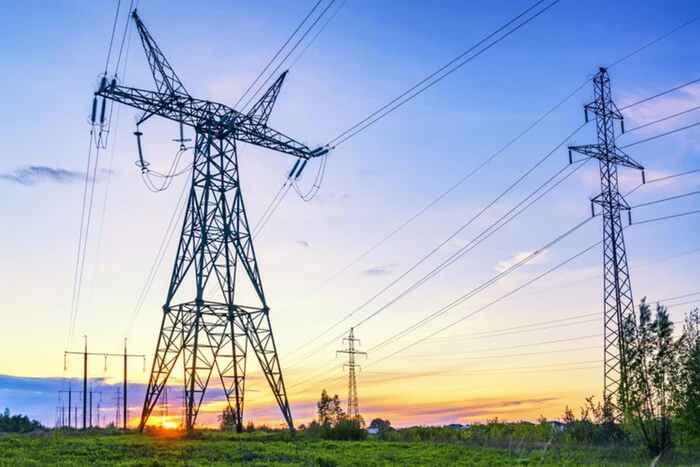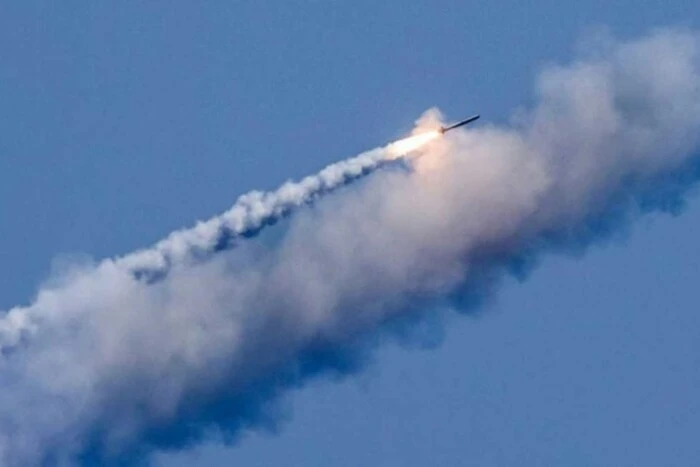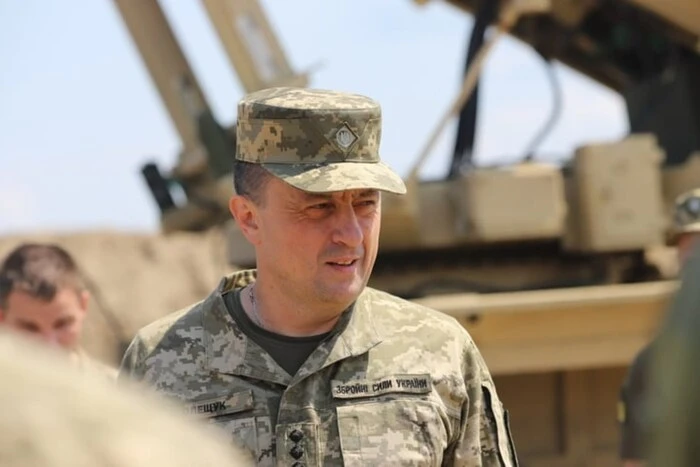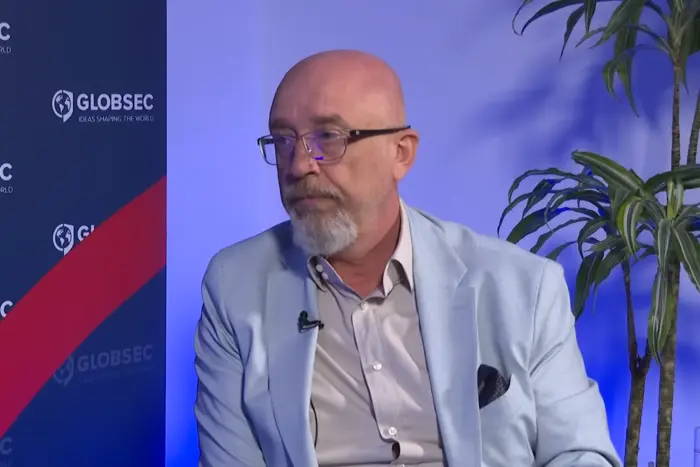Since February 2022, over 2400 attacks have been carried out on the energy infrastructure of Russia and Ukraine.


According to the non-profit organization ACLED, attacks on the infrastructure of Ukraine and Russia have been ongoing since February 2022. In total, there have been over 2400 attacks.
According to the Swedish publication SVT, no ceasefire was declared after talks between Donald Trump, Ukrainian President Volodymyr Zelensky, and Russian President Vladimir Putin.
Henrik Wachtmeister, a researcher of global energy systems at Uppsala University, believes that an energy ceasefire would be beneficial for both sides. He states that the Ukrainian side would have the opportunity to restore its infrastructure, while the Russian side could reduce the threat of strikes from Ukraine.
Russian attacks are aimed at heating systems, power plants, and distribution, with the goal of weakening Ukraine's defense capabilities and will to defend.
According to data from the International Energy Agency, Ukrainian coal and gas-fired power generation capacities have been damaged by 70 percent.
On its part, Ukraine has attacked Russian oil refineries and export routes to reduce oil revenues.
Despite the damage, Wachtmeister considers the Ukrainian energy system reliable, as it has changed and become independent from the Russian system since the invasion began on February 24, 2022.
Today, March 28, Russia has massively attacked Dnipro with drones, including the restaurant and hotel complex 'Bartolomeo'.
Read also
- Scandal in the 'Mahura' Brigade: the Commander Reveals Who Was Found Guilty
- The new Attorney General talked about his apartment, wife, and why he did not become the director of NABU
- Zelensky signed a decree on new sanctions - who is under attack
- Occupants struck the training ground of the Armed Forces of Ukraine: there are dead and wounded
- The former commander of the Air Force reported a loss. Zaluzhny's wife expressed her condolences
- Ex-Defense Minister Reznikov spoke about how the Russians behave in negotiations when the press is not present










